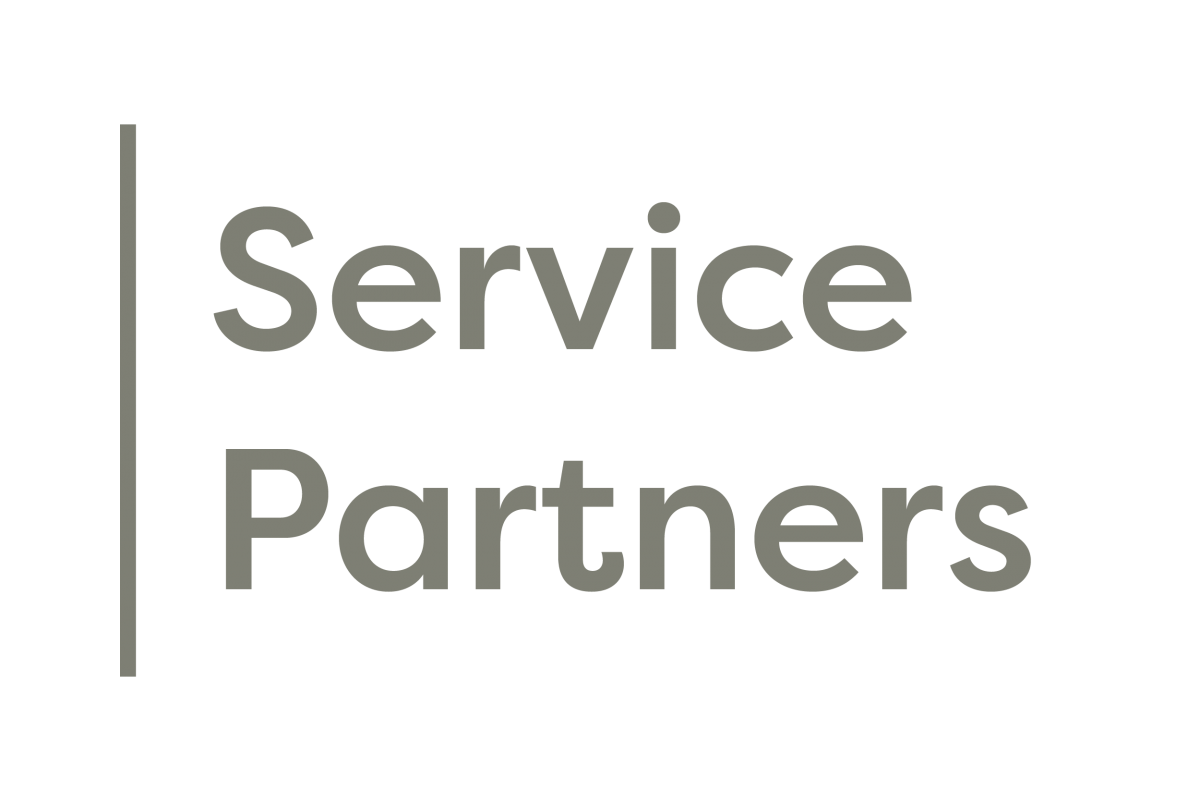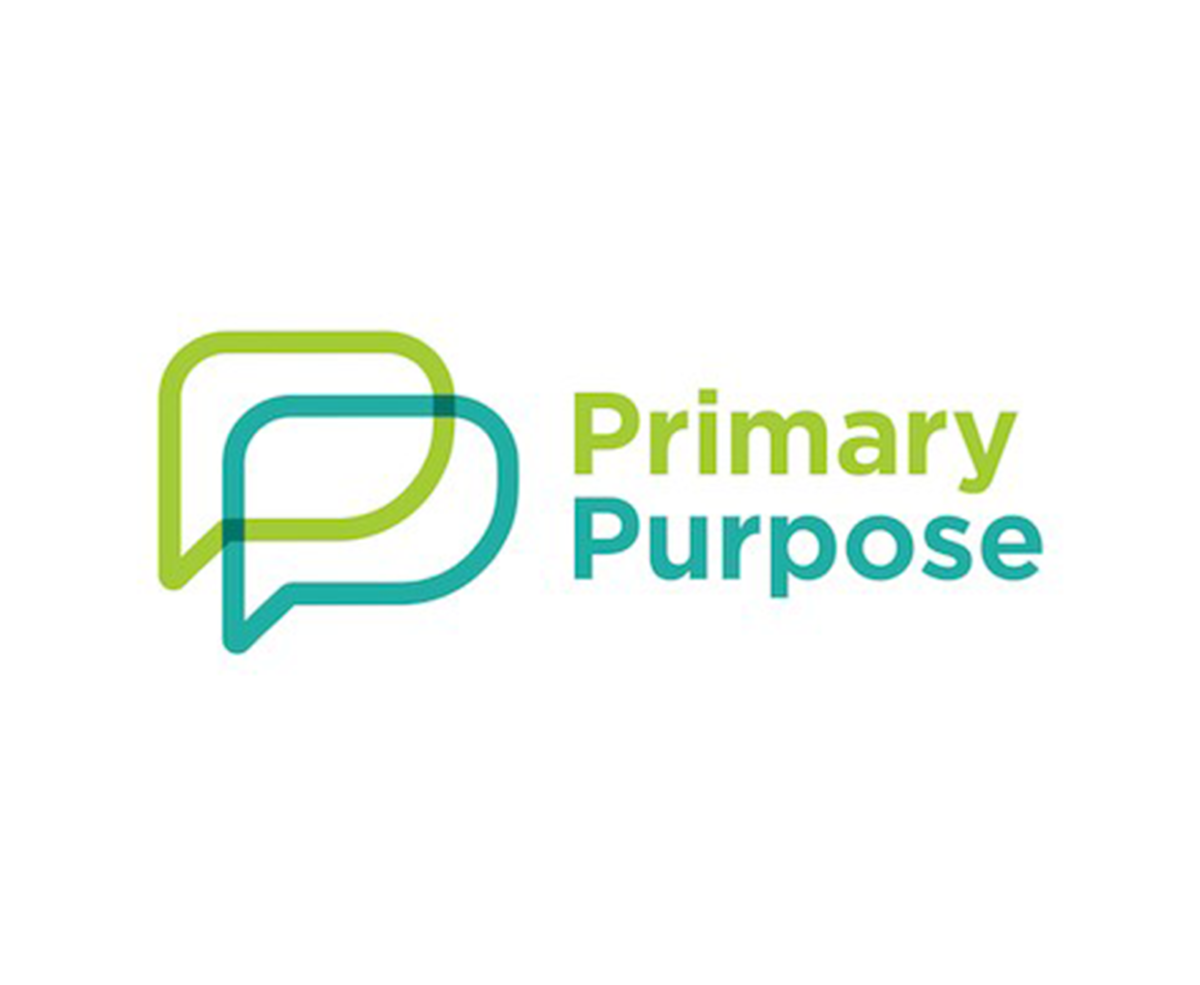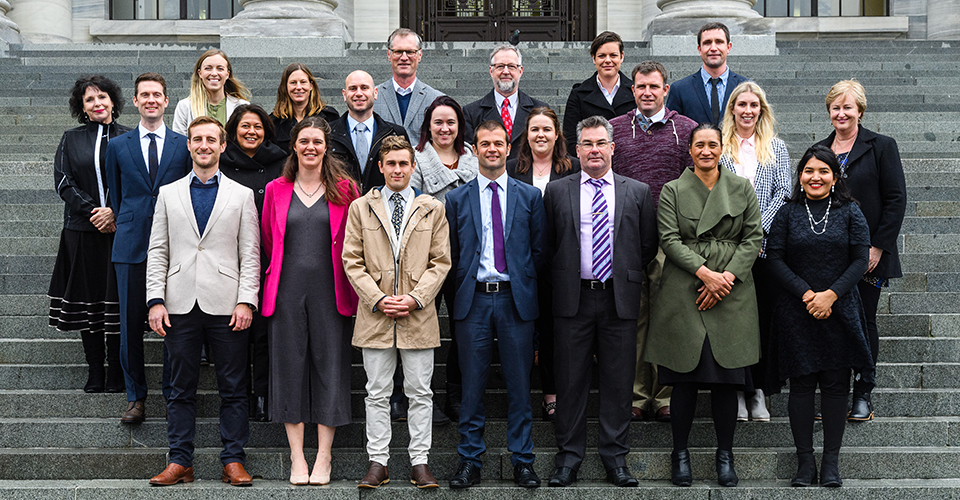
Kellogg Programme
Te Tai Tokerau
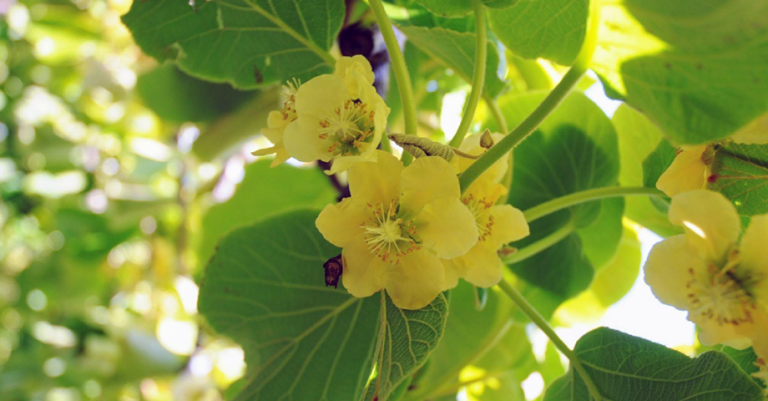
Heat Pump Pollen Drying.
Initial findings suggested such a system presents significant financial and environmental advantages that may be exploited by individual producers and industry bodies alike.
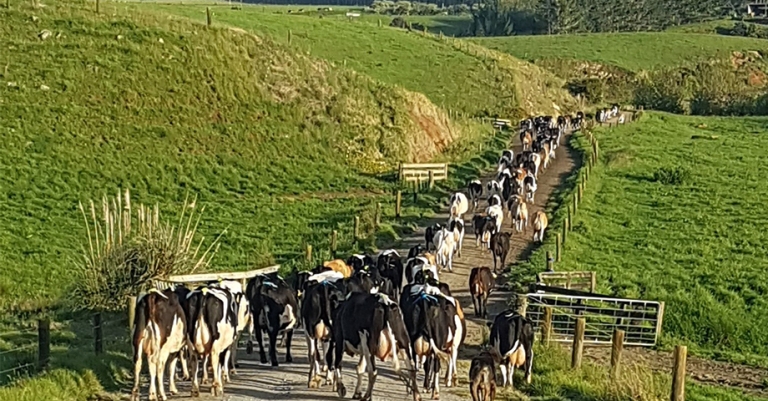
Future Proofing the Red Meat Processing Industry
In this body of work I will aim to identify how meat processors in New Zealand are harnessing their sustainability potential and responsibility, why it is important and how their social licence to operate is affected during this process. To truly understand this, I have conducted interviews with red meat industry leaders to hear their experiences and learn about what action they are taking. I have also looked at literature relating to social licence to operate, sustainability and how our actions alter our supply chain within New Zealand’s export significant, red meat sector.

Wahine toa, Wahine ahu matua.
This whakataukī is about perseverance and endurance. Refusing to let obstacles get in your way while striving to reach your goals. This research paper looks at the need for women in leadership, the need for te ao Maori and tikanga Maori in the workplace, the current resistance to change and posits how this might change.
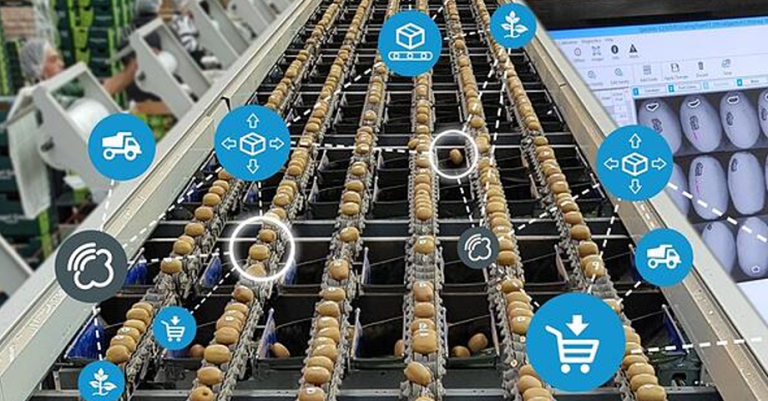
Labour shortage – The role of technology led innovation in the kiwifruit industry.
The aim of this study was to investigate the extent of the labour shortage in the kiwifruit industry especially within postharvest, and how technology led innovation can help to ease the burden of the shortage in labour.
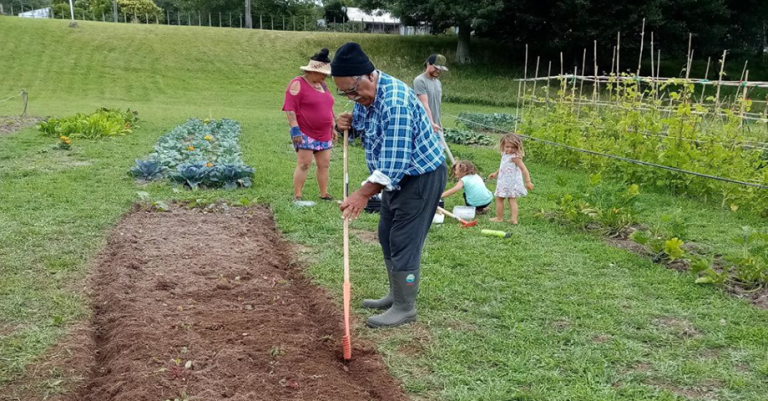
How might we develop a food system that benefits everyone in the community.
In this project I considered the question “how might we develop a food system that benefits everyone in
community?”
We have a highly productive and well-functioning export system bringing benefit to the New Zealand economy, yet domestically we have people struggling to access healthy food.
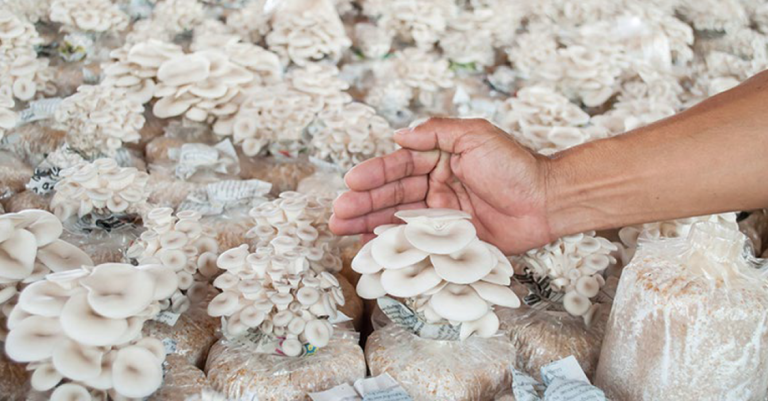
Operating a successful low-tech, small scale mushroom farm.
This business concept works to research the potential outcome of starting and operating a successful low-tech, small scale specialty mushroom farm in the North Island of New Zealand. It is a short overview of a new business venture idea that will be further expanded into a business plan once the concept has proved probable.
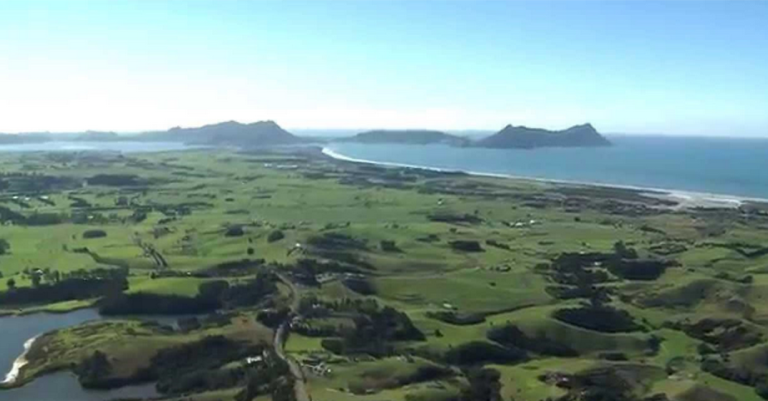
Land Use Change Diversification in Northland.
The Northland Region of New Zealand is a vital province for agriculture, horticulture, and forestry and, with its subtropical climate and mixed topography, offers a key competitive advantage. Our choices about land today can be irreversible and will affect future generations and the potential production and profitability of our industry.
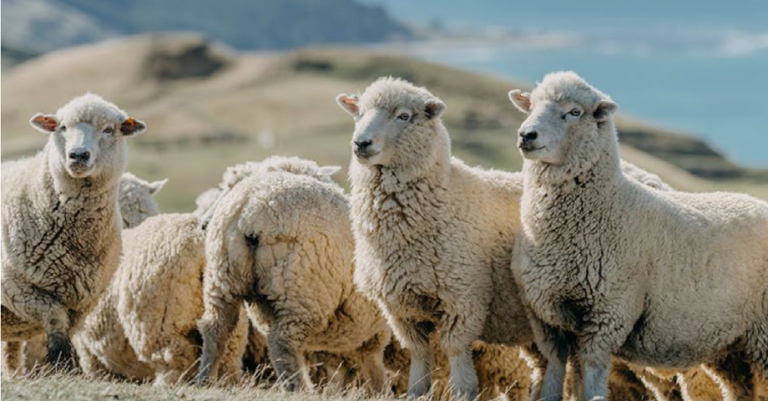
Is there a future for strong wool?
The main goal for this report is to raise awareness for consumers to make the environmentally friendly decision to buy wool and encourage the industry as a whole to stand together, to pull the wool market out of the doldrums and put it back into the flourishing fibre position it deserves to be.
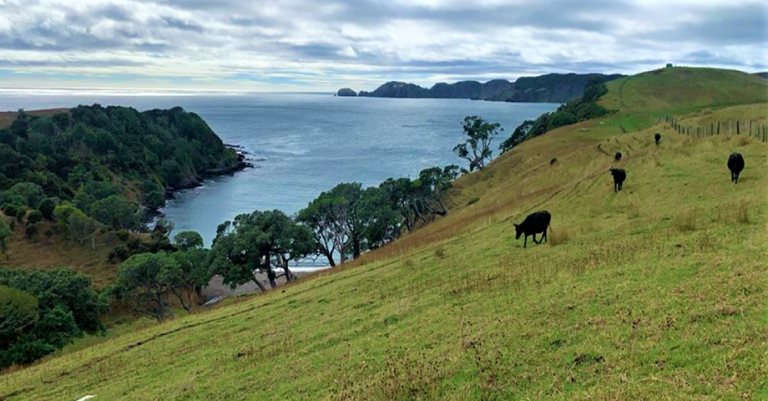
Northland Hill Country and the Implications of Change for Landowners.
This project explores the evolving landscape of Northland hill country farming, highlighting the current position of Northland hill country sheep and beef farming, the significant uptake of forestry competing with the sheep and beef industry for land-use on these hills, and the opportunity for integration of these industries to collaborate in meeting both our environmental, economic, and socio-economic objectives. The implication for landowners, is that the decisions we make today, will not only initiate short-term change, but may also present long-term and inter-generational implications that necessitate a need for holistic and well-informed decision-making process’.
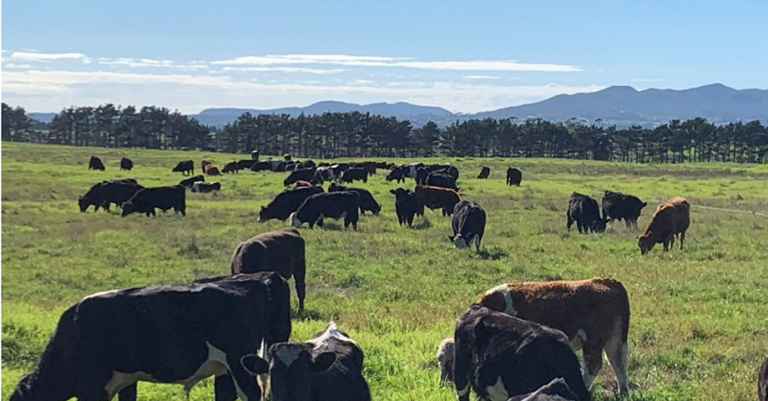
Some things New Zealand sheep and beef farmers should understand about climate change and farm greenhouse gas emissions.
New Zealand livestock farmers will need to play a pivotal role in helping the country achieve these goals as they are responsible for almost all biogenic methane emissions and own almost all the land that is suitable to plant trees on to help offset carbon dioxide emissions. Achieving these goals is going to require significant changes to the way we farm.
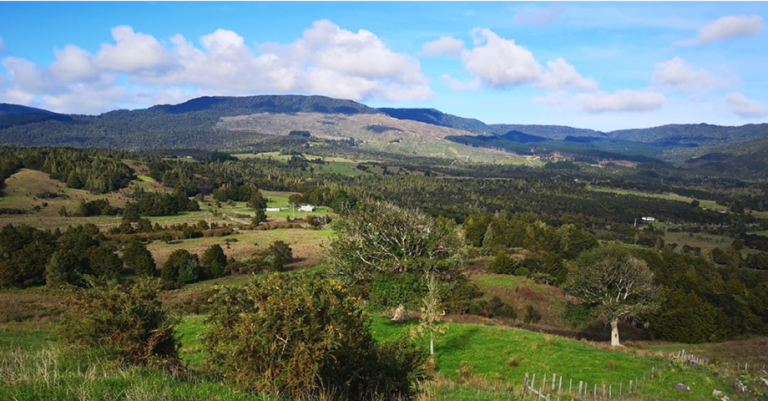
Farming Whenua Māori in Tai Tokerau: Pathways to Success.
This project is concerned with understanding the learnings and insights specific to Tai Tokerau and how they can inform enduring, sustainable agricultural production systems to unlock opportunities for future generations in Waima.
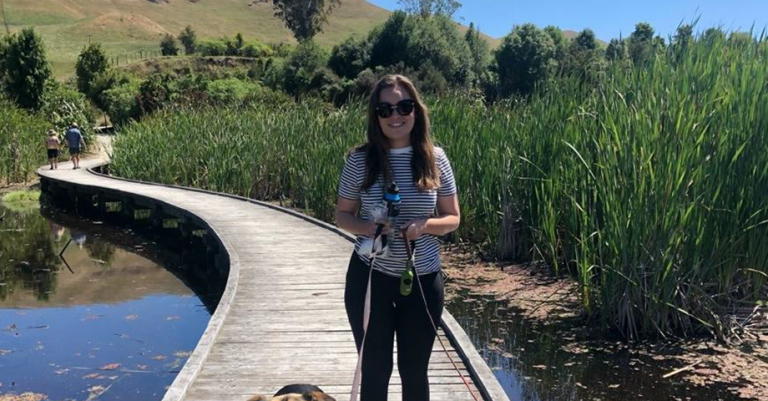
A review of wetlands and other methods of reducing P and N loss into waterways.
In the last 30 years New Zealand agriculture has increased nitrogen use by over 600% from 62,000t to 452,000tonnes and cracks are starting to appear. Anthropogenic inputs from intensive agriculture and poor practices can be harmful to the health of our waterways, precious wetlands rich in biodiversity and known for their many environmental benefits including filtering nutrients and carbon sequestration have been degraded or drained over time.
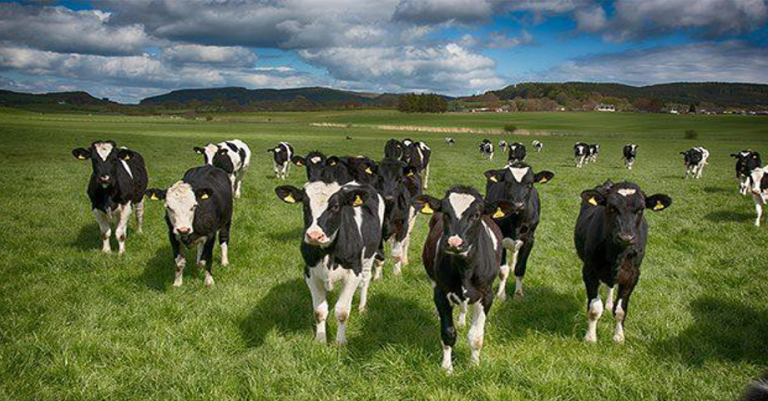
Permaculture-design and the implementation of regenerative agriculture principles.
How can permaculture-design inform the implementation of regenerative agriculture principles to address global macro-challenges while creating better outcomes for pastoral farming in New Zealand?
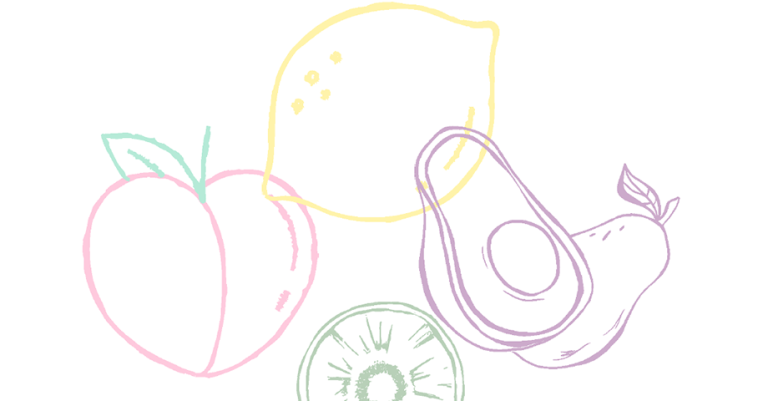
Opportunities and challenges in creating functioning horticulture ecosystem for Te Tai Tokerau.
A flourising horticulture ecosystem, not only provides diversification of economic returns, but also encourages value chain partners to establish in Northland, thus increasing the skill base and opportunity for our future workforce. This has a knock on effect for improving local small businesses.
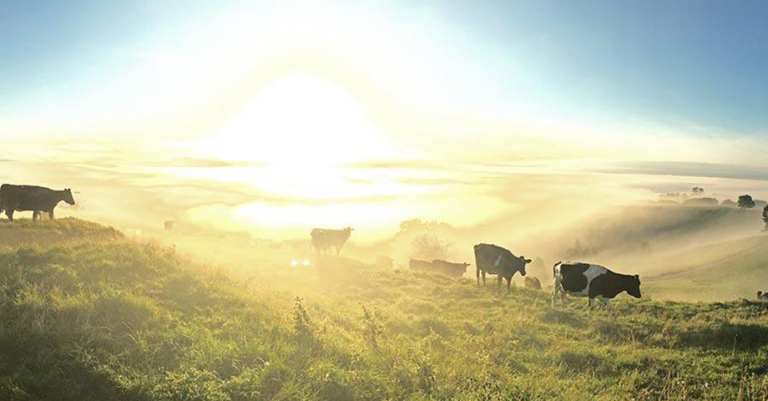
Can A Northland Dairy Farm Be High Input and Remain Sustainable?
Historically, the primary constraint on moving to a high input system has been the financial and management ability of the farm and business operators. While this is still a significant factor, the environmental impacts of dairy farming have come under increased scrutiny.
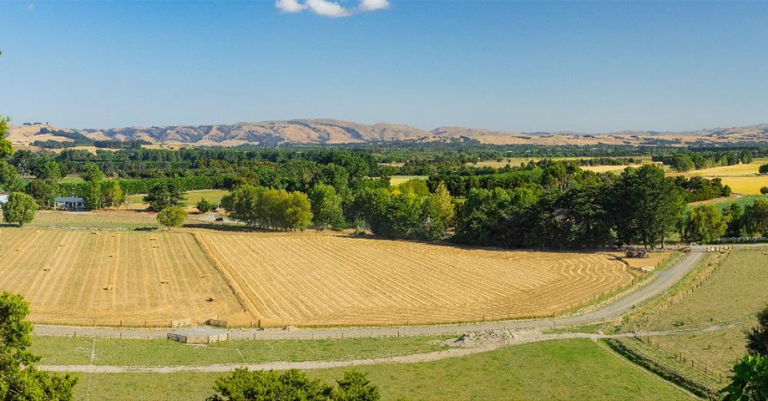
Accelerating Bioprotectant Development and Commercialisation from New Zealand
The trend towards the development and use of bioprotectants to control crop pests and disease is now in a surge mode, as evidenced by growth rates in bioprotectant sales (3x that of chemical protectants), start-up company formations, mergers and acquisitions, and multinational and venture capital investments.
Our programmes work in partnership with some of New Zealand’s leading agribusiness organisations – click here for more.

















